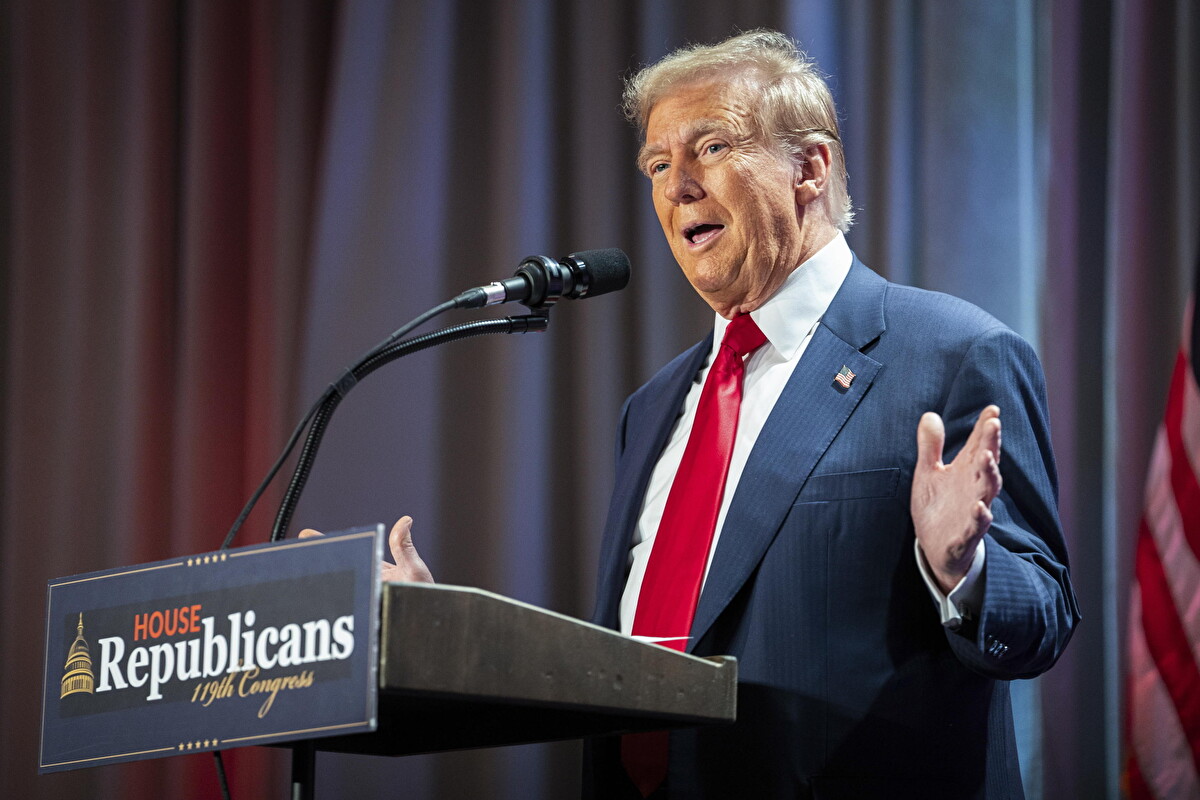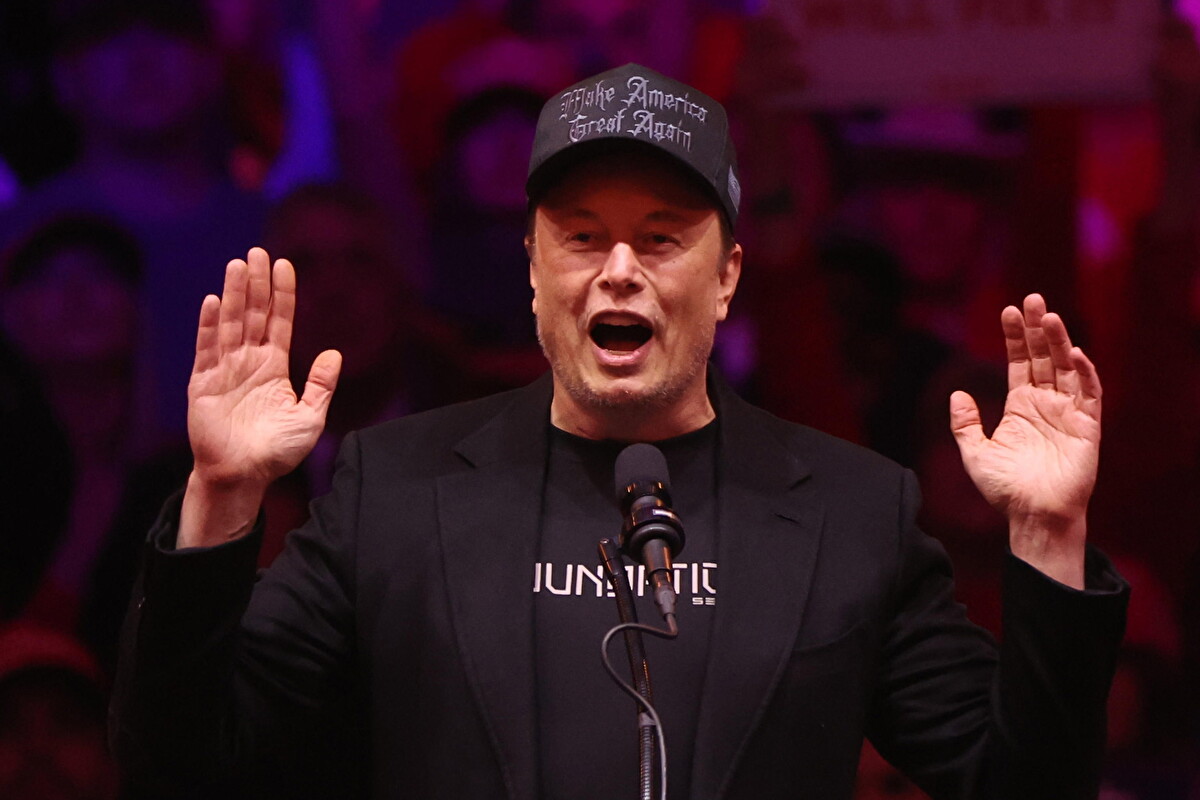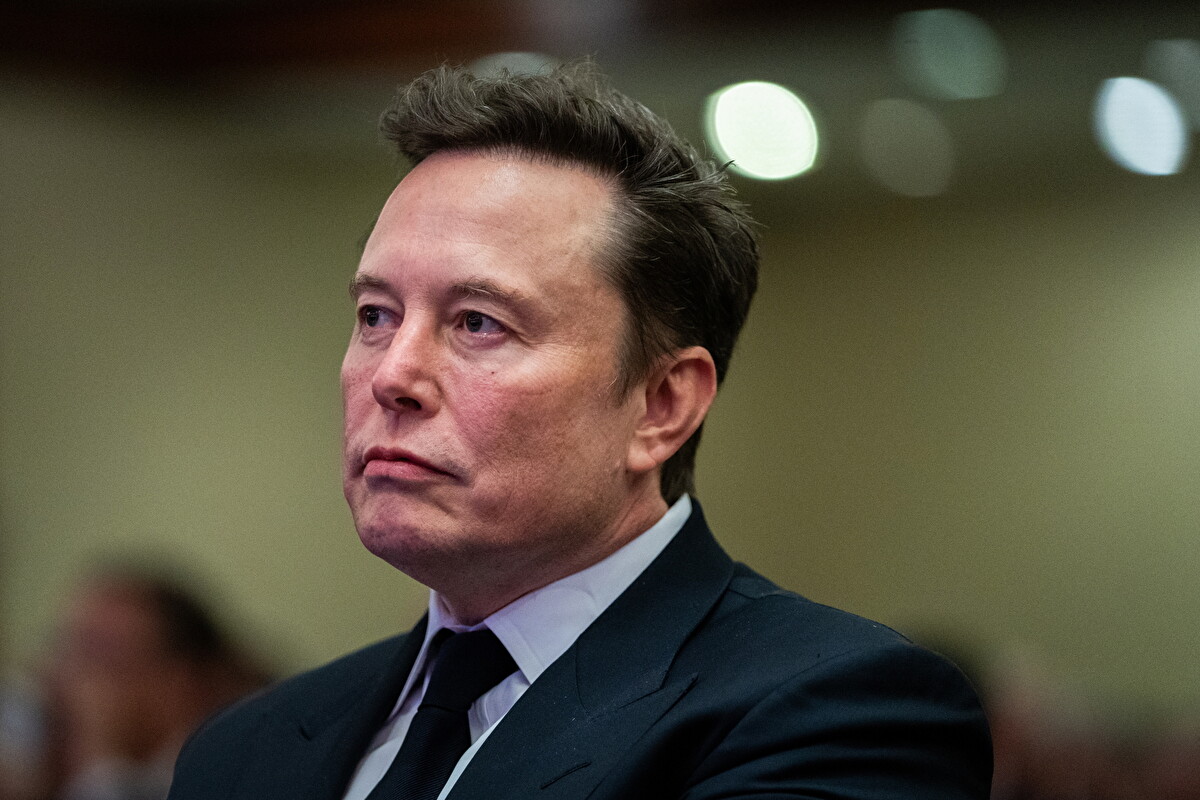As a second Trump administration draws closer, questions and concerns are mounting over the role of Department of Government Efficiency, which will be run by Silicon Valley financier Elon Musk and former Republican presidential candidate Vivek Ramaswamy. In an opinion piece published by the Wall Street Journal last week, the pair laid out their vision and some general ideas on how the organization would function. As one might expect, Elon Musk’s wish to “cut at least $2 trillion” from the government’s annual budget is easier said than done. In some ways, DOGE may be able to ride the wave of a Trump mandate after the president-elect’s decisive victory, aided by a conservative supermajority on the Supreme Court, to push through changes in policy, staffing and the overall scope of government agencies. While the $2 trillion goal is lofty, DOGE can, with the right support, lead to changes that drastically alter the functions of the federal government.
DOGE is an audacious swipe at the scope of American government as it stands today, facilitated by its most extreme elements that share Musk’s designs. While not an actual government department, which would take an act of Congress to create, the organization intends to advise the President directly as well as Congress (Rep. Marjorie Taylor Greene has said that she will use a House subcommittee to “support the DOGE mission.”) on what actions to take.

In the Journal piece, he and Ramaswamy bemoan what they view as excessive power wielded by “millions of unelected, unappointed civil servants within government agencies who view themselves as immune from firing thanks to civil-service protections,” as they craft and enforce regulations. To that end, they have proposed using recent Supreme Court decisions that undermine the role of those civil servants, namely West Virginia v. Environmental Protection Agency and Loper Bright v. Raimondo, which ruled that federal agencies cannot issue broad regulations on major economic or policy questions (an unprecedented legal standard) and that federal courts should no longer defer to agencies’ interpretations of the law, respectively. Musk and Ramaswamy’s strategy for bringing their proposals into reality would be to “work with legal experts embedded in government agencies, aided by advanced technology, to apply these rulings to federal regulations enacted by such agencies.”
These conservative judgments already have major implications going forward that will likely result in changes that DOGE seeks, but to do it on the timeline laid out by Musk and Ramaswamy–their plan is for the organization to “eliminate the need for its existence by July 4, 2026”–is another matter. Speaking to the New York Times, law professor Jonathan H. Adler says “there’s litigation risk that they’re not adequately accounting for,” as the regulations that have been diminished by the Supreme Court are not simply overturned by their judgment, which would take further litigation and court rulings to actually undo. Seeking these changes without following established procedure would also likely bring about a flurry of lawsuits from entities that benefit from the established framework.

Musk and Ramaswamy do not address this potential pushback in their Journal piece. That said, there are moves at Trump’s disposal that can have the same effect as shrinking the workforce or blunting a specific function of government without actually announcing it as such. During George W. Bush’s second term, a number of US attorneys were fired or dismissed for allegedly not pursuing cases against Democratic candidates during the 2006 midterm elections. The first Trump administration retaliated in a similar way with economists from the Department of Agriculture, relocating them outside of Washington D.C. after they produced a report that said his tax cuts primarily benefited the richest farmers. Where DOGE fails, we may see these kinds of bullish maneuvers.
The DOGE venture has also declared its goal of “taking aim at the $500 billion plus in annual federal expenditures that are unauthorized by Congress or being used in ways that Congress never intended.” What’s implied here is that a budget is agreed to and then a series of extra items, perhaps the fruit of shady politicking from various special interests, increases it by over $500 billion every year. They go on to name the Corporation for Public Broadcasting and Planned Parenthood as programs from this category that could get the ax. In reality, “unauthorized spending” accounts for a great deal of bedrock programs that, for one reason or another, have had a lapse in Congressional authorization, even though Congress very much intends to fund them. The biggest item on that list, eclipsing the cost of the items listed by Musk and Ramaswamy by over 100 to 1, is veterans’ health care, at $119 billion – no one wants or expects DOGE to take cut this item.

What’s left is a chopping block for anything Musk or Trump are against, like the items listed in their DOGE treatise in the Journal. Musk and Ramaswamy also argued that the President has broad authority to enact untargeted “reductions in force” by federal statute, circumventing the protections for civil servants, which they dismiss as “conventional wisdom.” While here too there are likely to be legal challenges and pushback, the survival of any particular program or another is far from guaranteed.
Musk has already signaled that he will go after the Consumer Financial Protection Bureau, which has been an effective watchdog against fraud in financial markets, returning over $20 billion to consumers over its lifetime.












